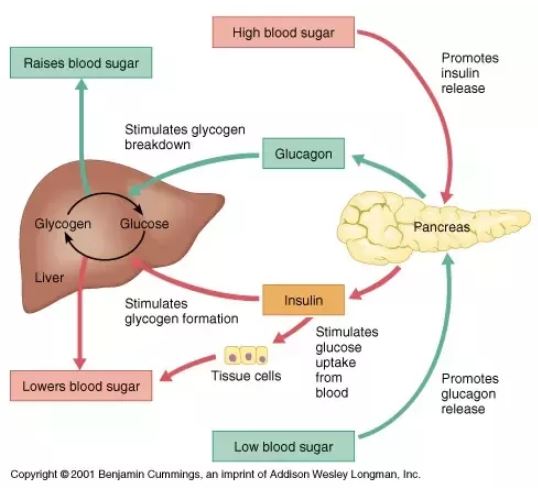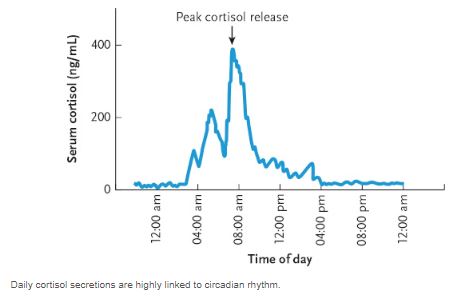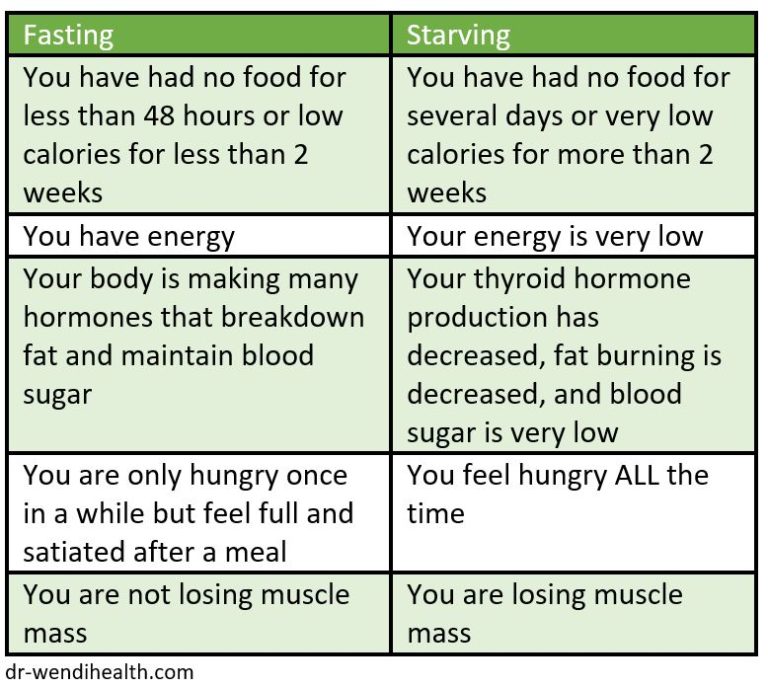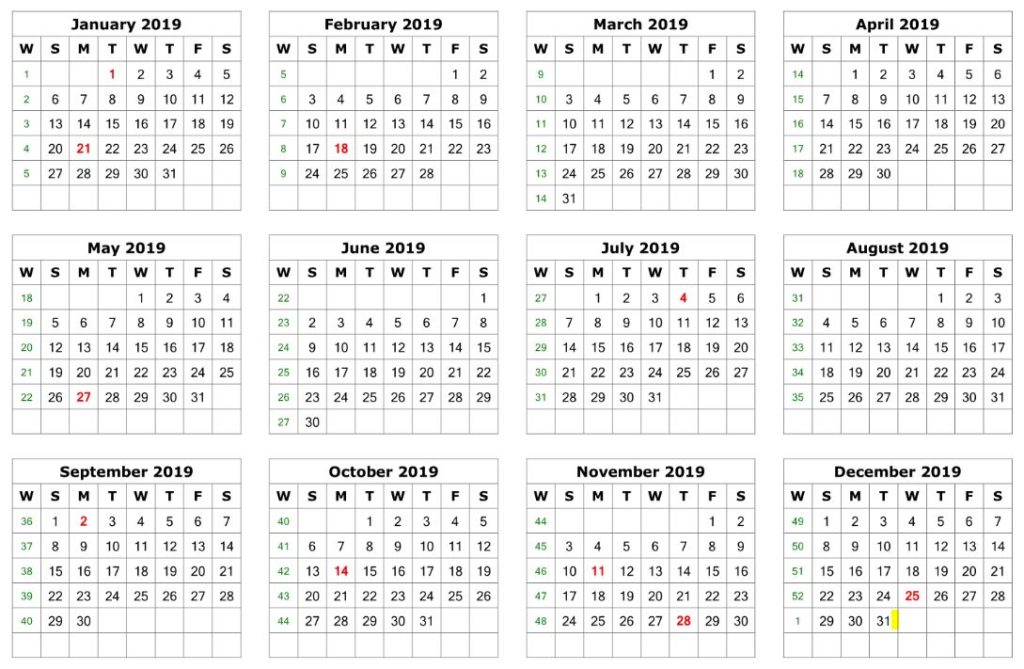A very common argument against intermittent fasting is that you are starving your body and this will lead to a slower metabolism and weight gain in the long run. Intermittent fasting will not cause your body to think it is starving if you are following one of the standard intermittent fasting methods (see below). In fact, humans can easily tolerate 48 hours without food once in a while with no ill-effects on metabolism. It is healthy to give your liver, insulin receptors, fat cells, and digestive tract a break from eating each day because it will give those tissues time to regenerate and repair…..things it can’t do when it has to digest food and store nutrients.
A few methods of intermittent fasting:
- 16 hours – each day, eat during an 8 hour window
- 24 hours – once per week, from dinner one day until dinner the next day
- 2:5 – Very low calories (about 500 cal per day) 2 days per week, eat normally 5 days per week, separate the low cal days in the week
- Spontaneously skip a meal every now and then – listen to your body and don’t eat if you aren’t hungry, eat less on days you are less active – this method requires that you have a good sense of listening to your body’s signals. Kids eat this way naturally.
Whichever method you decide to use, you should still eat all of the calories, macronutrients, and micronutrients your body needs during the window of time when you are eating.
What is happening in your body when you are fasting?
Let’s suppose your body requires 2000 calories per day and you choose the first fasting method. You will still eat 2000 calories per day when fasting, you are just eating those calories between 11am-7pm (or 10am-6pm or noon-8pm) instead of spreading them out throughout the whole day. If you use other methods, where some days are lower calorie than other days, then by the end of the week you are still consuming what your body needs. It is important to know that you are not in a deficit ALL the time!
Intermittent fasting helps you to not munch excess calories all day long. If you are eating the total calories and nutrients you require, then you will never go into “starvation mode”.
Don’t be afraid that you will faint or feeling super hungry, most of that is psychological due to being conditioned to think you need to eat all the time; very few people have a true hypoglycemia condition. Your body makes many hormones that breakdown fat and glycogen to increase blood sugar when you are fasting or exercising. You may feel uncomfortable for about 10-15 minutes around the 12 hour point if you are not used to fasting. This is what is happening in your body at that point:
- Your blood sugar has decreased because it has been about 12 hours since you last ate. Let’s say you ate dinner at 7pm, then you went to bed at 11pm, now it is 7am and you feel hungry because you are used to eating when you wake up.
- The hormone you are producing that is making you feel hungry is called ghrelin. Ghrelin makes your stomach ‘growl’. Your stomach cells will only make this hormone for about 10 minutes, then your body will realize it has to use other mechanisms to bring your blood sugar back up.
- Your body makes at least 6 different hormones that increase blood sugar! Your body knows how to breakdown stored fat and either use it directly to make ATP (called beta oxidation), or your liver can convert it into glucose (called gluconeogenesis).
- Your body likes to be efficient and conserve energy; it likes to do what is the easiest. It is easier for your body to stimulate hunger and make you eat, than it is to start up the assembly line of chemical reactions required to break down fat.
- So now, 10 minutes have passed, your body’s attempt to make you increase your blood sugar with food hasn’t worked. You have ignored the ghrelin for 10 minutes by being busy getting ready for school or work and so your body has decided it has to start up the machinery to increase blood sugar. These are the hormones you make that can break down stored fat and increase blood sugar:
- Cortisol
- Glucagon
- Thyroid hormones
- Growth hormone
- Epinephrine
- Norepinephrine

Your body naturally makes more cortisol in the morning that helps your body break down stored fat to keep your blood sugar up. This is why it is the most logical to fast in the morning. Once you eat, then you produce insulin, that will inhibit cortisol and halt the natural fat burning process.

What is starvation mode?
Now that you understand the normal physiology of hunger and how it is related to blood sugar. Let’s suppose you got lost hiking and couldn’t eat for a long time (in this scenario you have lots of water). Your body can last 48 hours without food with no problem. You might gradually get more uncomfortable because you will make more ghrelin but up to 48 hours is not likely to cause any changes in your normal metabolism. In fact, your metabolism might increase because you turn on all the fat-burning systems to allow your body to continue making ATP.
After 48 hours….
- Your body will now try to conserve your stored energy because now its primary goal is to keep you alive when no calories are coming in. Now hormones that break down fat will decrease.
- Thyroid hormones play a major role in regulating metabolism that allows your cells to make ATP. If calories are not available, thyroid hormone production will decrease significantly and your energy levels will decrease.
- Your body will start breaking down the protein in your muscles for 2 reasons.
- Your body can use protein for fuel
- Muscles require a lot of energy to maintain so your body will break them down so your body won’t need as much total energy to stay alive for longer (this is why building muscle helps with weight lose, muscle uses a lot of energy).
- After several days you might feel quite lethargic, mental apathy, decreased cognitive functions, slow to respond to stimuli, poor memory, muscle cramps from lack of minerals, irregular heart rate, pale, and decreased time perception.
Humans can live on average, about 3-4 weeks without food depending on how much stored energy you have.

What happens after you get rescued and you start eating again.
You will start to recover cognitive functions within 6-8 hours of consuming food, your blood sugar will increase. It may take a few days to have normal physical energy. You will be weaker though because you will have lost a lot of muscle tissue. Your metabolism will be altered to promote the storage of a large amount of fat as protection against another “famine”. This is starvation mode, when your body holds onto energy to protect itself. Your body is always trying to protect you. Going without food or eating very low calorie diets to lose weight rapidly will cause your body to store more fat than you had to begin with. Your leptin levels will be diminished and that means you will feel very hungry all the time. This is what we want to avoid with rapid weight loss strategies! Luckily, intermittent fasting does not cause starvation mode.
A 2016 study published in Obesity found that contestants on the show “Biggest Loser” that had rapid and dramatic weight loss had extremely low leptin levels at the end. Leptin is a hormone produced by your fat cells that makes you feel satiated and full. Mice that do not have leptin become very obese. Contestants from the show had such low leptin and thyroid hormones after the show that hunger was over overwhelming and they regained all or more of the weight they lost.
Slow and steady weight loss is the best way to lose weight without impacting your metabolic rate and leptin hormones. Intermittent fasting is an easy and healthy, and physiologically beneficial way to regulate blood sugar hormones, thyroid hormones, leptin, and overall metabolic rate.
Fun Fact: Homo sapiens (humans) have existed for about 200,000 years. We have only been eating multiple times per day for less than 100 years. Before grocery stores and refrigerators we simply could not eat all the time (with the exception of some rich kings, but they were obese). Intermittent fasting is how humans have been eating for most of our existence. If we put that into 1 calendar year, we have only been eating on a constant basis for about 4 hours! We are physiologically adapted to going short periods of time without food. In this diagram, the yellow dot is the length of time we have been eating crappy processed food, refined oils, eating all the time, and have the most chronic disease ever in human history….can you see the yellow dot?

Fun Fact: Regular intermittent fasting helps to reverse leptin resistance! Meaning, you will regain normal satiety signals if you fast once in a while. When you are eating, it is important to eat until you feel full! Even if you are trying to lose weight, your meals should be satisfying! If you keep yourself in a state of hunger all the time then you will mess up your leptin signals!


Awesome article Wendi. Love the humour too!
Awesome, thanks!! Feel free to share it 😀
Hi Wendi – I tried this a few years ago on your advice and remembered that I really felt good after following a fasting schedule of Tuesday and Thursdays. Your article reminded me of this so I am back on track again to give this another go!! Thanks for all your awesome advice.
Thanks, Professor! Your article is very useful, interesting and it helps me gain insight into intermittent fasting. I’m blown away by the fact that fasting is far different from starving! The differences are about the window of time without food, the energy level, the stimulation of hormones (such as thyroid and leptin) contributing to the fat-burn process and the burning of muscle. I believe these information will be very helpful for the weight loss journey.
I think your information about extended fasting is incorrect. The metabolism does not slow down after 48 hours of not eating. Please read Jason Fung, MD, to understand the body continues to access fat stores before breaking down muscle
is jt safe to fasting every single day 16-8??
Thank you for this information. I have been hesitant to try intermittent fasting, because I’ve been told that starving prohibits weight loss. This article has been eye-opening, and I can’t wait to start my fasting journey!
[…] Image Source: dr-wendihealth […]